© ROOT-NATION.com - Use of content is permitted with a backlink.
Today, we have a review of the rugged newcomer from Cubot – Cubot KingKong 8. Technically, it shares many similarities with the KingKong Power. The “8” also combines a robust, shockproof, water-resistant, and dustproof (IP68 and IP69K) body, features a powerful 5000lm flashlight, a large 10600mAh battery, and the ability to charge other devices. Nevertheless, in some aspects, the new model is simpler than the Power, making it more affordable while maintaining its robust and reliable nature.
Cubot KingKong 8 Specifications
- Display: IPS, 6.53″, HD+ (1612×720), 270 ppi
- Processor: MediaTek MT8788, 8 cores, 4×Cortex-A73, 2 GHz + 4×Cortex-A53 2 GHz), 12 nm
- GPU: ARM Mali-G72 MP3
- Permanent memory: 256GB
- RAM: 6 GB (+6 GB due to ROM)
- MicroSD support: Yes, up to 1 TB
- Slot: Hybrid, 2 nanoSIM or nanoSIM + microSD
- Wireless networks: Wi-Fi 5, Bluetooth 4.2, NFC, GPS, Galileo, GLONASS
- Main camera: Samsung S5KGM1 48MP (f/1.79, 25mm, 1/2″), 0.3MP secondary lens, GalaxyCore GC02M1 2MP macro camera
- Front camera: Sony IMX47 at 16MP (f/2.45)
- Battery: 10600 mAh, 18W charging power
- OS: Android 13
- Dimensions: 169.9×80.2×20.0 mm
- Weight: 382 g
- Extras: IP68 and IP69K dust and water protection, shock protection, full flashlight (5000 lm), Power Bank function
Read also:
Price and positioning
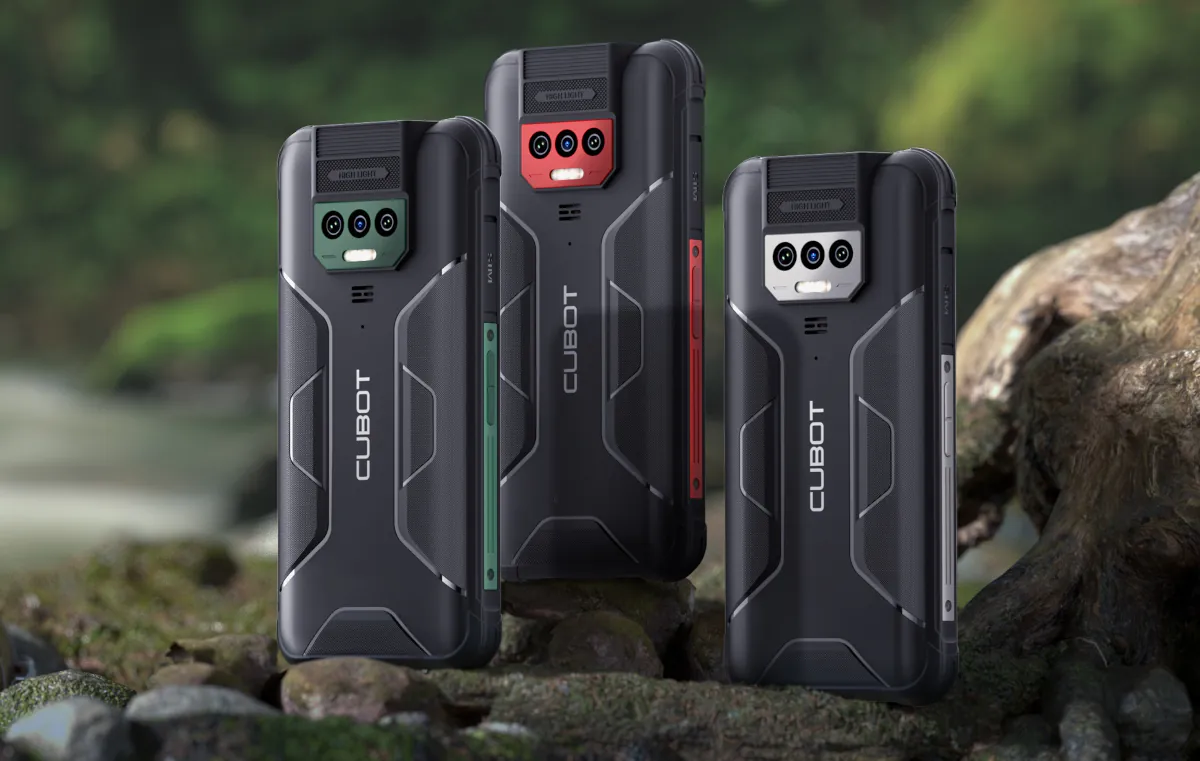
So, the Cubot KingKong 8 is another addition to Cubot’s lineup of affordable rugged smartphones with a very reasonable price tag. Its potential audience includes individuals working in challenging conditions (such as military personnel, construction workers, technicians), those who enjoy extreme activities (like mountain climbing), or engage in active sports. Essentially, in situations where regular phones might not endure. Thanks to the IP68 and IP69K protection standards, the device is resistant to both water and dust, while its robust build safeguards it from damage in case of falls on hard surfaces.
As of the review writing, the KingKong 8 is priced around $160, and with a discount in the official AliExpress store, you can get it for approximately $125. For a regular smartphone, this is quite budget-friendly, and even more so for a rugged device. Let’s take a look at what it has to offer.
Cubot KingKong 8 Package Contents
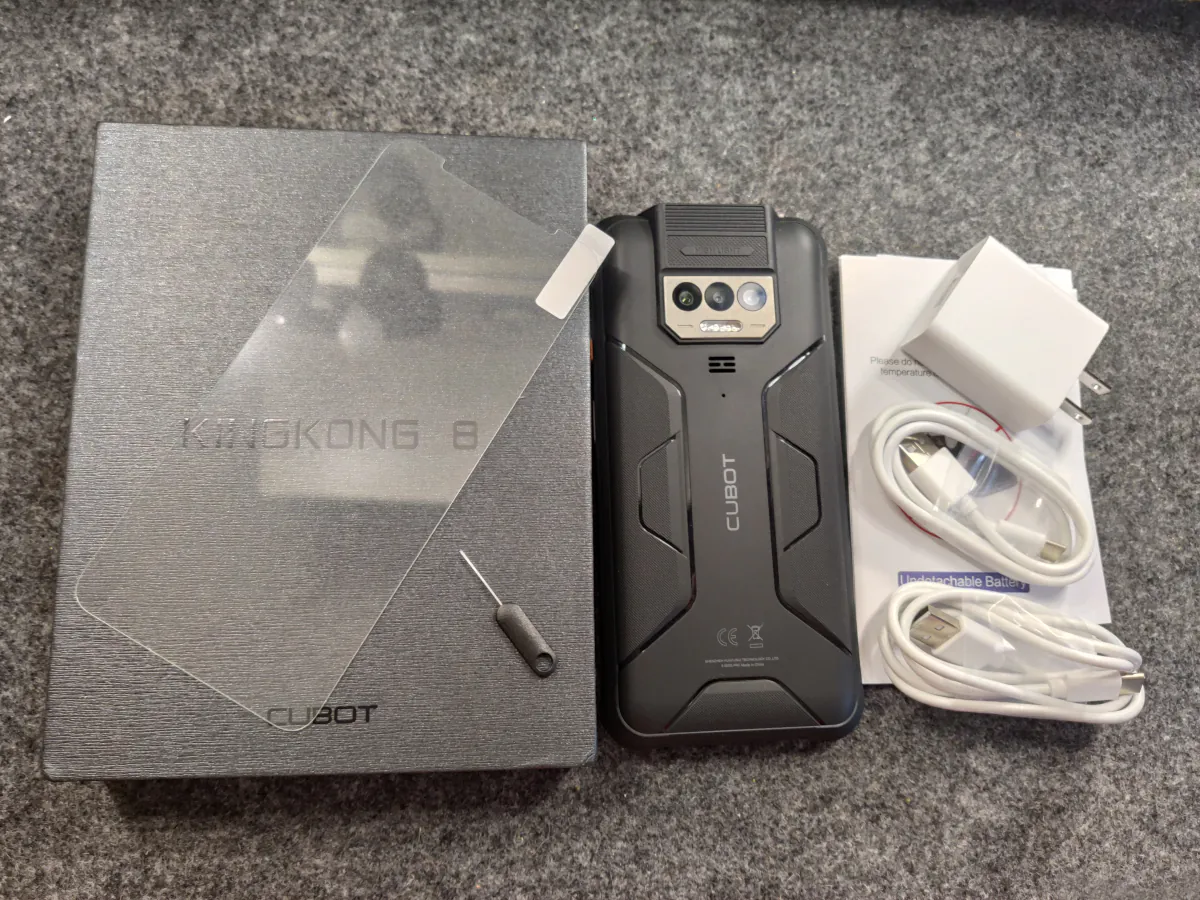
The device arrived in a concise, dark gray branded box, on which you can only see the model name, brand, and some technical specifications on the back. Inside, I found the smartphone itself, an 18W charger (in my configuration, it came with a Type-A plug), two USB-A to Type-C cables, a SIM card tray ejector, accompanying documentation, and an additional protective glass for the screen. This is despite the fact that the smartphone already comes with a factory film on the screen out of the box.

A very decent kit, but the set of cables surprised me. Since the smartphone has the Power Bank function, in my opinion, it would have been more appropriate to include two different cables: USB-A to Type-C and Type-C to Type-C for the convenience of charging other devices. However, perhaps this is a spare, as finding a replacement for it might not be so easy due to the fact that the connector is slightly longer than standard (because the port is more recessed into the smartphone’s body).
Design and materials

Cubot KingKong 8 is a true giant and probably the largest smartphone I’ve had the opportunity to hold. With dimensions of 169.9×80.2×20.0 mm, it weighs a hefty 382 g, which is twice as heavy as the average mobile device. Overall, this is not surprising since, firstly, it is an impact-resistant and IP68/IP69K protected model, and secondly, it houses a 10600 mAh battery. One couldn’t expect a more compact size with these specifications.
The body is made of impact-resistant plastic with a textured pattern. The camera area and side edges are highlighted with contrasting gray plastic imitating a metallic texture. You can also see several fixing screws on them – three on the right and two on the left. The corners are reinforced with a rubberized material, providing additional protection when the smartphone falls at an angle.
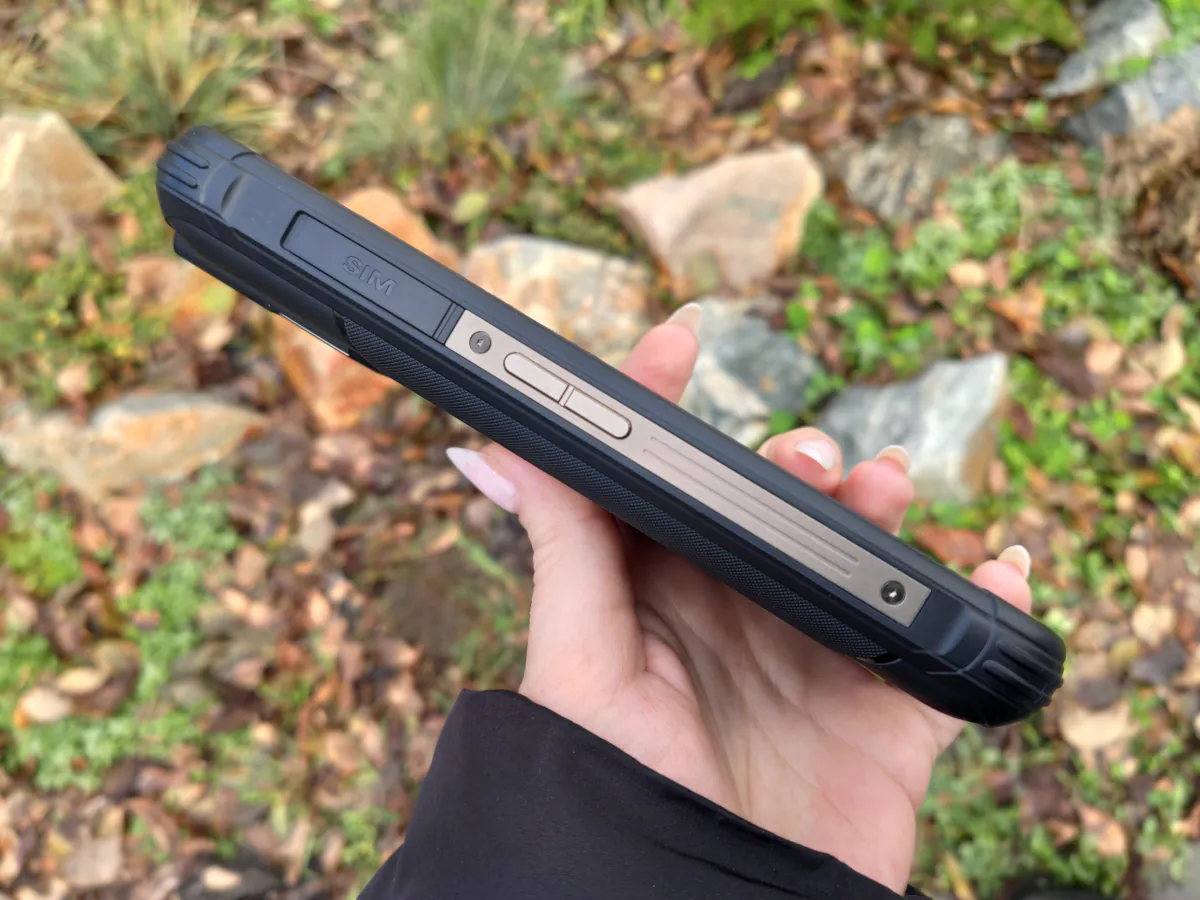
Let’s take a closer look at the back of the device. At the top center, you can see a protruding panel that houses the dual flashlight. Below it is a triple-camera module with a flash, and a bit lower, there’s an external speaker and a microphone opening. If you shift your gaze even lower, you’ll find the brand name and neat technical markings. Ribbed inserts on the sides and at the bottom provide a better grip and contribute to a more rugged appearance.
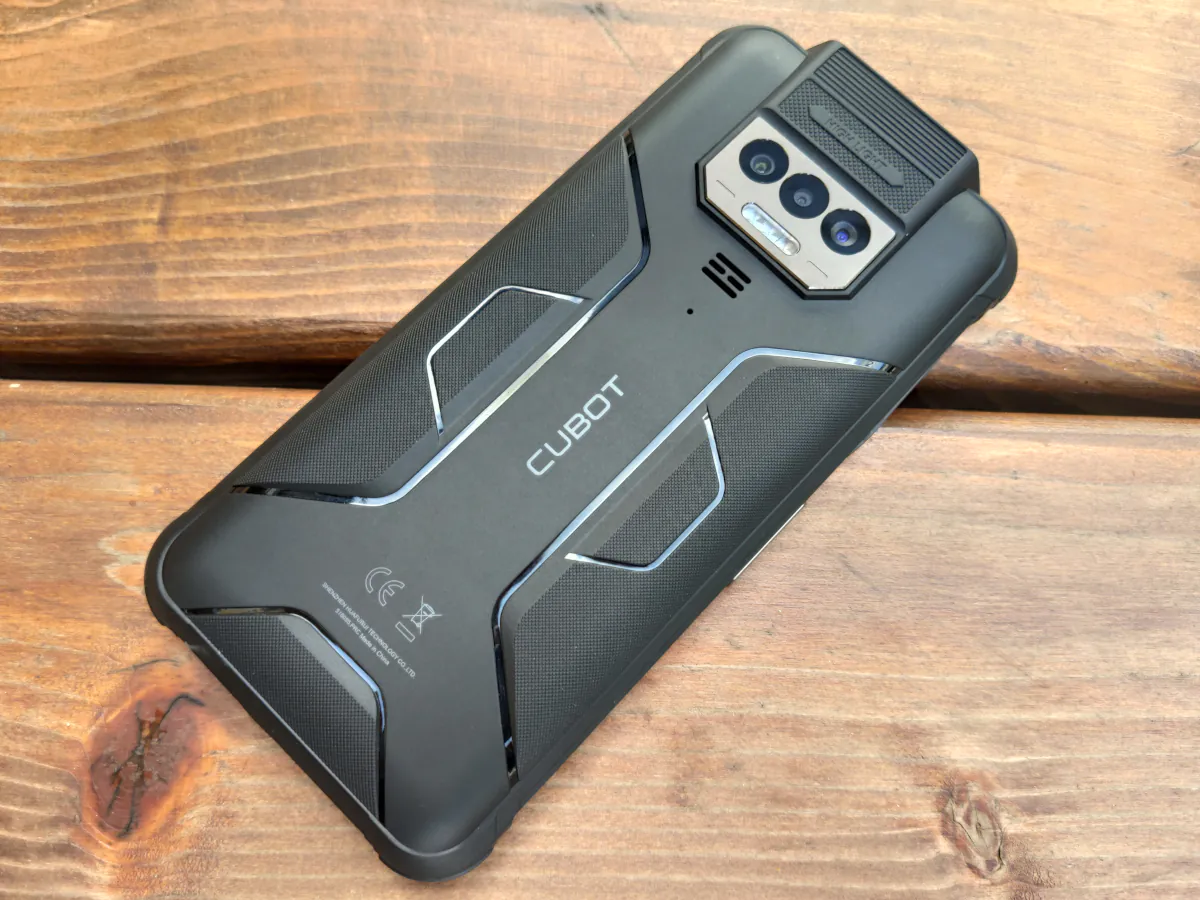
The bezels around the screen are quite wide: smaller on the sides and top, with a more substantial “chin” at the bottom. This design choice is not surprising, considering it’s a rugged device. It needs to securely protect the screen from damage. On the junction of the top edge and the display, you can see the grille of the earpiece. Below it, in the opening on the screen, they placed the front camera.

Read also:
- Cubot Tab 40 review: budget tablet for undemanding users
- Cubot Note 50 Smartphone Review: Worthy of your attention
Layout of elements
Due to its specific functionality, the main elements are not placed conventionally. To the left of the screen, you can see the combined slot, tightly covered with a rubberized plug. For convenience, there’s a small “handle” for pulling it out, as the slot is quite deep in the body.
Below it are the volume buttons. On the right is the power button, as well as the “red button” for quickly turning on the flashlight.
The flashlight itself is positioned at the top. It is dual, genuinely large, and bright. It can fully replace an external flashlight, as the manufacturer claims its brightness reaches 5000 lumens.
 Opposite it, there is a Type-C charging port, which is also securely protected by a plug, and another opening for the microphone. There is no headphone jack.
Opposite it, there is a Type-C charging port, which is also securely protected by a plug, and another opening for the microphone. There is no headphone jack.
There are no questions about the build quality and materials. Overall, the Cubot KingKong 8 design fully corresponds to its positioning. It is a quite massive, rugged, heavy, yet indestructible smartphone with complete protection against water, dust, and falls. It looks extremely reliable, and all the necessary ports are securely covered with rubberized plugs. Looking at it, you understand that no matter where you take it, everything will be fine.
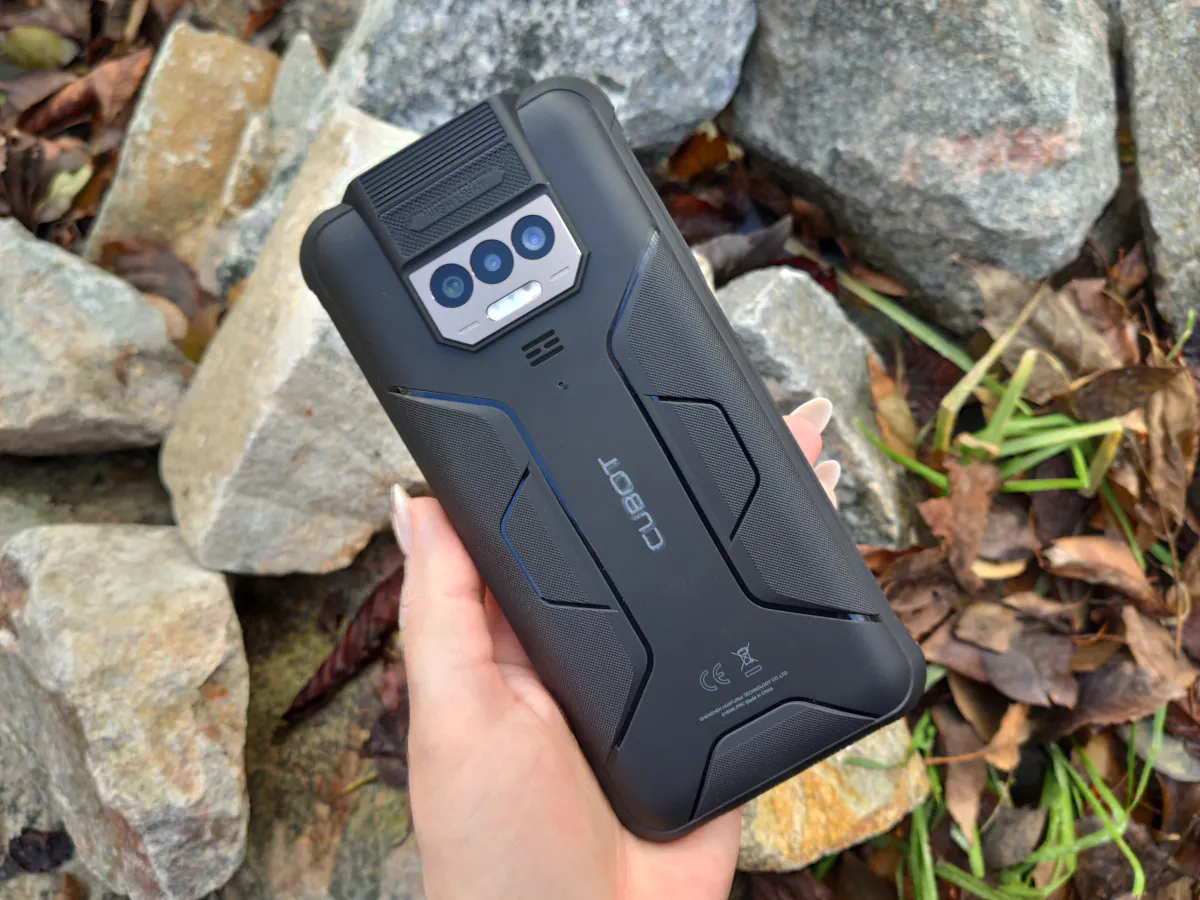
Cubot KingKong 8 Ergonomics
Overall, the ergonomics of the KingKong 8 don’t differ much from interacting with other standard smartphones. Yes, it is heavier and larger in size, but you quickly get used to it. It confidently sits in the palm, thanks to the ribbed inserts on the back. Considering that the main target audience for rugged smartphones is predominantly male, there probably won’t be any grip issues at all.
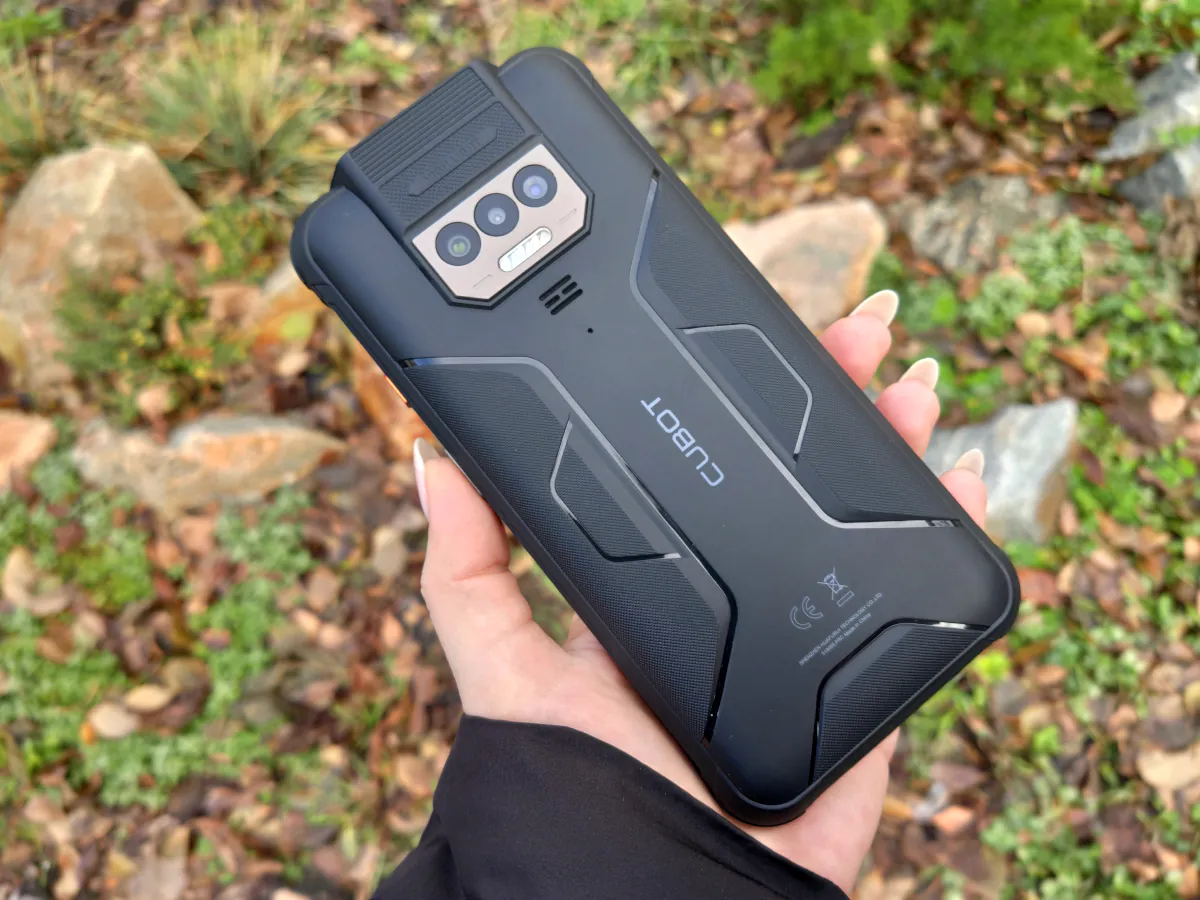
Using it with one hand is just as unrealistic (unless you’re a pianist), so the difference with regular “bricks” that weigh half as much is small. The power button, which also houses the fingerprint scanner, is located almost in the middle of the right edge, making it easily accessible to the thumb. Everything is convenient here.
The only thing is that I didn’t immediately get used to the fact that the flashlight button is located above the power button. At times, I tried to adjust the volume with its help, out of habit. But then I readjusted, and this, so to speak, problem disappeared. Of course, if you are used to using regular devices, it will take some time to adapt to the new format. However, to be honest, at first, I thought that Cubot KingKong 8 would be very inconvenient for a woman’s hand. But no, you can get used to everything, and use it just as easily.
Display
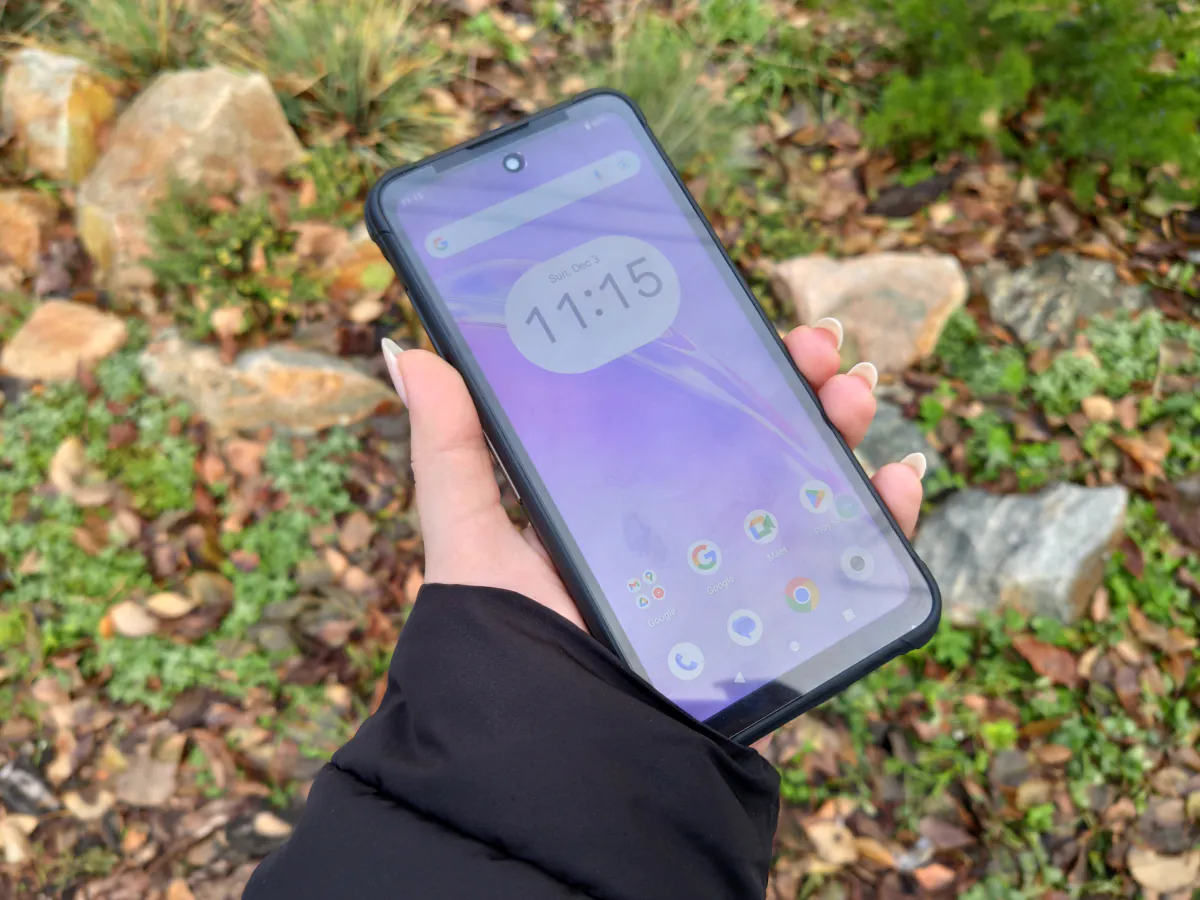 Cubot KingKong 8 has a 6.53-inch IPS screen with HD+ resolution (1612×720), standard refresh rate of 60 Hz and 270 ppi. Despite the modest resolution and pixel density far from records, the display does not “grain”, and the text on it is read well. But for graphic content the screen is a bit simple. There is no such clarity of lines, as it is inherent in FHD-displays, and also here is more faded color reproduction, which would like to add brightness and contrast. Unfortunately, there is no provision for this in the settings. On the one hand, it’s clear that we’re looking at a budget smartphone, but we’d like the screen to be a bit more saturated.
Cubot KingKong 8 has a 6.53-inch IPS screen with HD+ resolution (1612×720), standard refresh rate of 60 Hz and 270 ppi. Despite the modest resolution and pixel density far from records, the display does not “grain”, and the text on it is read well. But for graphic content the screen is a bit simple. There is no such clarity of lines, as it is inherent in FHD-displays, and also here is more faded color reproduction, which would like to add brightness and contrast. Unfortunately, there is no provision for this in the settings. On the one hand, it’s clear that we’re looking at a budget smartphone, but we’d like the screen to be a bit more saturated.
In the settings, we only have a basic set of tools: adaptive brightness, dark theme, night screen, which allows making the image warmer, wallpaper and menu/desktop view settings.
As for the viewing angles and brightness level, everything is good here. The angles are very wide, practically maximum. The brightness is more than sufficient for indoor and outdoor use on a pleasant sunny day. However, under direct sunlight, the display still becomes somewhat reflective.
Read also:
- Cubot Tab Kingkong rugged tablet review
- Cubot KingKong Star review: A rugged smartphone with an extra screen
Performance and wireless connectivity
The driving force behind the Cubot KingKong 8 is the 8-core MediaTek MT8788, built on a 12nm process. It features 4 Cortex-A73 cores and an additional 4 Cortex-A53 cores, with a maximum clock speed of 2 GHz for both types. Cubot seems to favor this affordable yet still quite lively chipset, as it is also used in the Cubot Tab KingKong tablet and the KingKong Power smartphone, which not only shares hardware similarities with the KingKong 8 but also functionality, boasting a powerful flashlight, a high level of protection, and a monstrous battery.
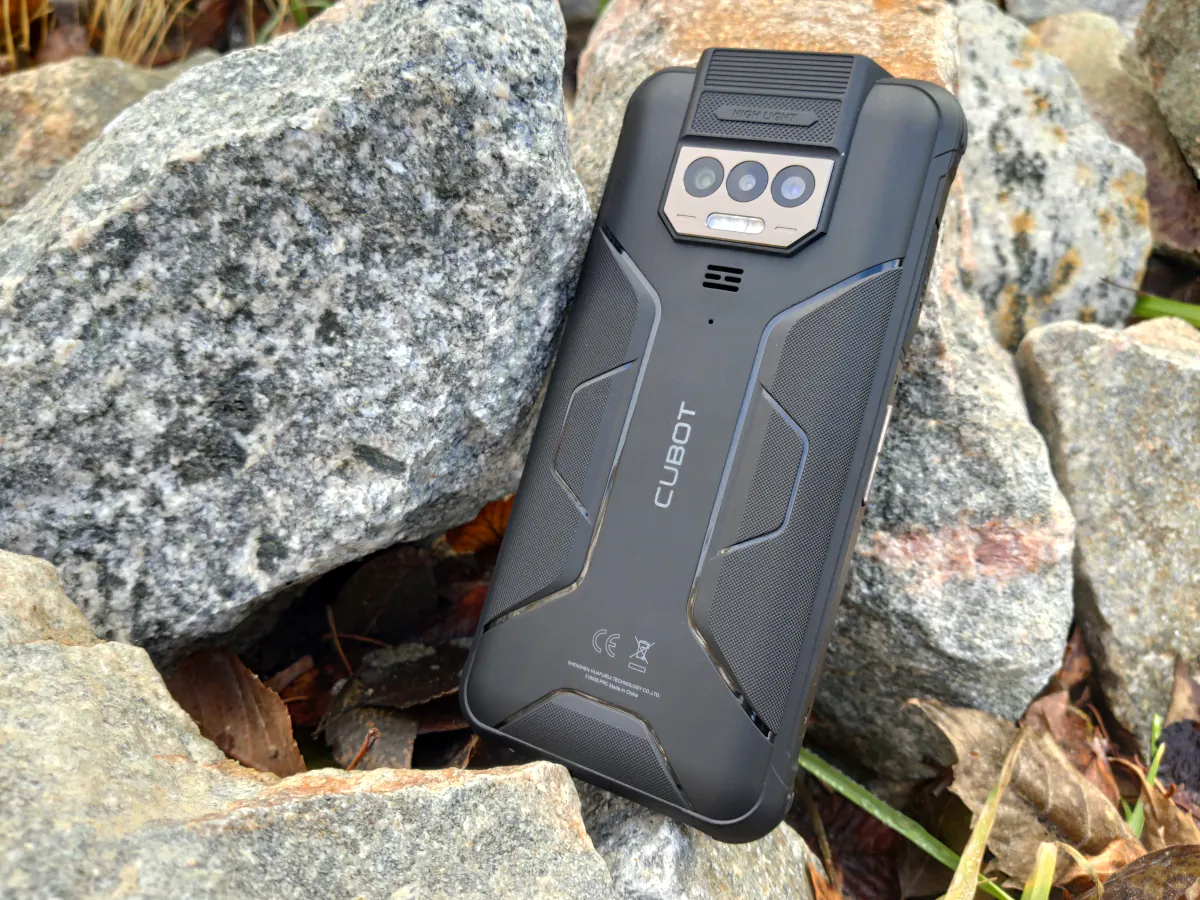
Handling graphics in the “eight” is the responsibility of the ARM Mali-G72 MP3 graphics processor. There’s a consistent 256 GB of internal storage, expandable up to 1 TB via microSD. To achieve this, you’ll have to sacrifice one slot, as it’s a hybrid slot – you can use either 2 nanoSIM cards or a nanoSIM and a memory card simultaneously. The device comes with 6 GB of RAM, and an additional 6 GB can be added through RAM expansion (Memory Expansion). Wireless connectivity includes Wi-Fi 5, Bluetooth 4.2, NFC, and various geopositioning services like GPS, Galileo, and GLONASS.
 As for performance, we have a quite responsive smartphone that handles standard loads and multitasking seamlessly. During the testing period, I didn’t notice any lags or performance issues; everything runs smoothly and crisply. It can handle games as well, mostly in simpler time-killers that don’t demand more powerful hardware. Overall, for a budget smartphone, Cubot KingKong 8 performs well with most tasks required by a modern user. You can see the results of the synthetic benchmarks and more below.
As for performance, we have a quite responsive smartphone that handles standard loads and multitasking seamlessly. During the testing period, I didn’t notice any lags or performance issues; everything runs smoothly and crisply. It can handle games as well, mostly in simpler time-killers that don’t demand more powerful hardware. Overall, for a budget smartphone, Cubot KingKong 8 performs well with most tasks required by a modern user. You can see the results of the synthetic benchmarks and more below.
Cubot KingKong 8 Software
The smartphone runs on almost “pure” Android 13. The functionality is mostly basic, but it includes everything necessary, and there’s no overwhelming amount of pre-installed applications, most of which would likely be uninstalled if possible. The device primarily relies on standard Google services for tasks such as Gmail, YouTube, and Chrome. Instead of a proprietary Gallery app, commonly seen in many Chinese manufacturers’ devices, it uses the Files app from Google.
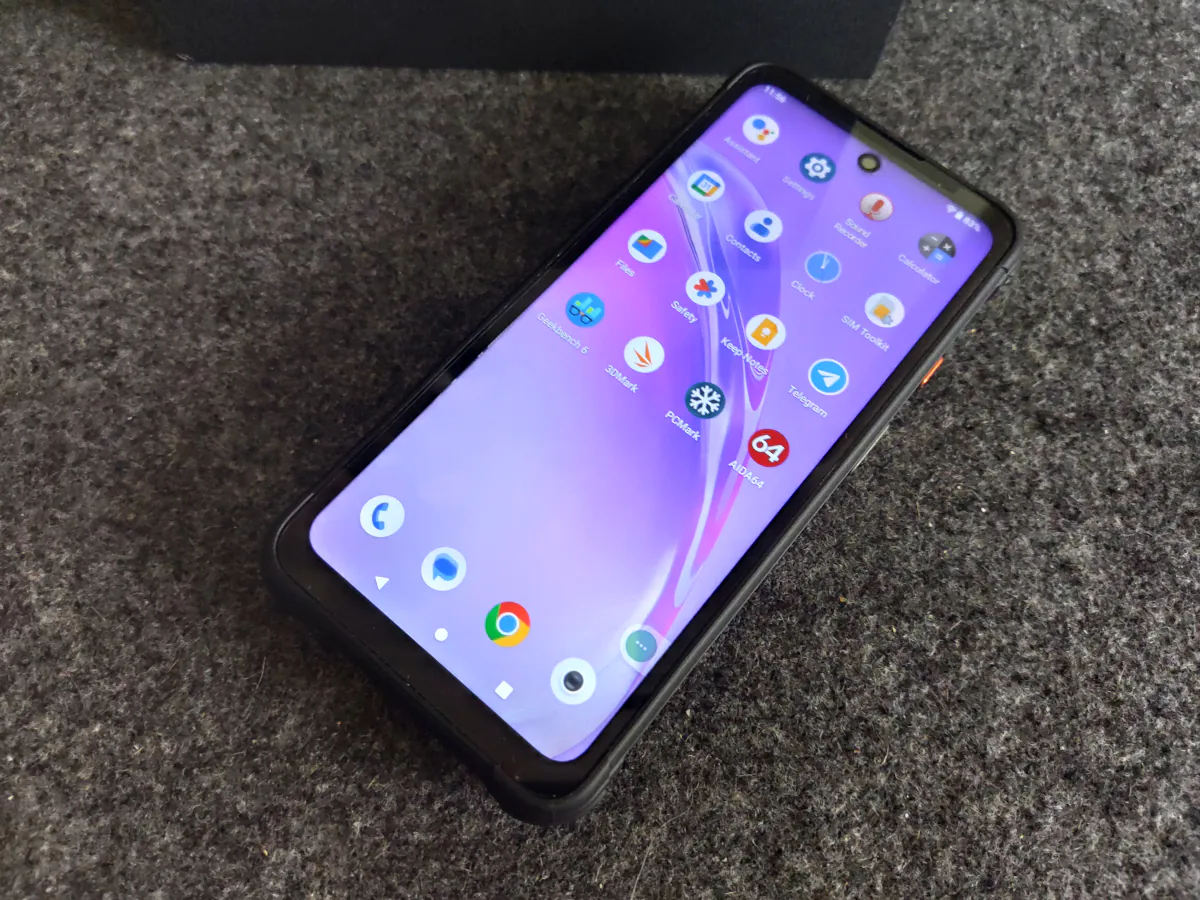 Presumably, thanks in part to the “clean” software interface, the smartphone delivers a pleasantly smooth performance. The system operates seamlessly and responsively. Notable features include the quick access menu for the most commonly used functions or applications and the DuraSpeed function, which allows for background task limitation or prioritization of applications for more balanced performance.
Presumably, thanks in part to the “clean” software interface, the smartphone delivers a pleasantly smooth performance. The system operates seamlessly and responsively. Notable features include the quick access menu for the most commonly used functions or applications and the DuraSpeed function, which allows for background task limitation or prioritization of applications for more balanced performance.
Unlocking methods
Unlike most smartphones on the market, the Cubot KingKong 8 is equipped only with a fingerprint scanner, located in the power button on the right side. This capacitive fingerprint sensor works excellently and quite swiftly, leaving no room for complaints. However, in my opinion, a facial recognition scanner wouldn’t hurt in a rugged smartphone. This device is designed for rather extreme conditions, meaning that users opting for such a gadget may not always have clean hands. In such situations, a facial recognition scanner could be a handy Plan B. Unfortunately, it’s not included in this device.
Sound
The Cubot KingKong 8 features a single speaker located on the back, beneath the cameras, responsible for audio output. It’s quite loud and clear, but as expected, the sound isn’t well-balanced. At maximum volume, the “high” frequencies become muffled, and artifacts start to emerge. However, at an average volume level, it performs reasonably well. It’s sufficient for video calls or watching videos, and you won’t miss a call, but for music, it’s advisable to use headphones or an external speaker. There’s no 3.5mm audio jack, so Bluetooth is the way to go.
Cubot KingKong 8 Cameras
 The rear camera setup comprises three lenses: a primary Samsung S5KGM1 48 MP lens (f/1.79, 25 mm, 1/2″), a 2 MP macro lens from GalaxyCore GC02M1, and a modest 0.3 MP auxiliary lens. Video recording is available in Full HD, but the frame rate is not specified, likely at 30 fps. The camera app allows you to choose resolution and frame format manually (default shooting is at 48 MP, 4:3), opt for automatic scene recognition, or select settings manually. There’s also a “Beauty” mode (although it is non-adjustable), electronic stabilization, and a 2x digital zoom. As for shooting modes, the options are modest, including “Portrait,” “Ultra HD,” “Photo,” “Beauty,” “Night Shooting,” and “Macro” for photos, with only a standard mode for video.
The rear camera setup comprises three lenses: a primary Samsung S5KGM1 48 MP lens (f/1.79, 25 mm, 1/2″), a 2 MP macro lens from GalaxyCore GC02M1, and a modest 0.3 MP auxiliary lens. Video recording is available in Full HD, but the frame rate is not specified, likely at 30 fps. The camera app allows you to choose resolution and frame format manually (default shooting is at 48 MP, 4:3), opt for automatic scene recognition, or select settings manually. There’s also a “Beauty” mode (although it is non-adjustable), electronic stabilization, and a 2x digital zoom. As for shooting modes, the options are modest, including “Portrait,” “Ultra HD,” “Photo,” “Beauty,” “Night Shooting,” and “Macro” for photos, with only a standard mode for video.
How does the KingKong 8 perform in terms of photography? In good lighting conditions, it can be considered decent. Without a wow factor, as we are talking about a budget device, but you can achieve fairly clear and detailed images. For shooting in low light, the dedicated night mode works best. It captures a series of images, allowing more light to be gathered and making the shot more detailed and interesting. Below are a few samples. On the left – regular mode, on the right – night mode.
And a few more example photos in different lighting.
As for the macro mode, it is, as typical for most similar modules, very dependent on lighting. In winter, when it’s more often overcast than sunny, you’ll need to put in a lot of effort to get a decent shot.
The selfie camera in the Cubot KingKong 8 is the Sony IMX47 at 16 MP with a light sensitivity of f/2.45. Despite its decent resolution, it also requires a lot of light. Overall, it works well for video calls, but capturing impressive selfies with it might be challenging.
Read also:
- Oukitel WP22 review: rugged smartphone, speaker and power bank!
- Cubot KingKong 7 review: Inexpensive Rugged Smartphone
Battery life

The KingKong 8 battery has a capacity of 10600 mAh, features Power Bank functionality, and occupies a significant volume within the device. The charging power is 18 W, which might seem modest for such a massive battery. How long do you think it takes to charge a battery with over 10000 mAh at 18 W? I observed the charging process and created a small graph:
- 13:14 – 19%
- 13:35 – 30%
- 16:18 – 97%
So, charging using the native cable and charger, the KingKong 8 takes just over 3 hours to go from 19% to 100%. This pleasantly surprises me because I expected the device to take longer to charge. Especially considering that, for example, the Cubot KingKong Star, which has the same battery capacity but a charging power of 33 W, takes approximately the same amount of time to charge.
Now, let’s look at its battery life. We know that the average smartphone with a standard 5000 mAh battery “lives” for 1-2 days. 1 – if usage is quite active, 2 – if it’s moderate and probably involves using power-saving scenarios. How long can the device with a 10600 mAh battery last? The manufacturer claims that it will last for 76 hours of talk time (which is more than 3 days), 42 hours of music playback, or over 1250 hours in standby mode (which is 52 days). The autonomy test in PCMark showed more than 24 hours of screen-on time with brightness set at 50-60%. I’ve never had to wait so long, and I must admit, I eagerly anticipated the end of the test. This means that two days of intensive work for the Cubot KingKong 8 is not a problem. If you use it to charge other devices, the indicator will, of course, be lower.

Conclusions
The Cubot KingKong 8 is a great choice for those seeking a budget-friendly and rugged device for all life situations. It’s not afraid of water, dust, or falls, it features a quite powerful and bright flashlight that easily replaces a separate one, has an impressive battery, and can also serve as a portable power bank for charging other devices. Additionally, the KingKong 8 offers good performance and a nearly “clean” Android experience without unnecessary bloatware.

Yes, it may not boast a fancy display or impressive cameras, but considering its budget-friendly price tag, it’s hard to consider that a drawback. In any case, users have a choice: they can save money by opting for one of the more affordable devices in the series (KingKong 8), while those with higher demands might prefer the likes of the KingKong Power or the advanced KingKong 9.
Read also:
- Oukitel WP27 Review: Solid Rugged Budget Phone
- Motorola Defy 2 review: Armoured smartphone with satellite connectivity


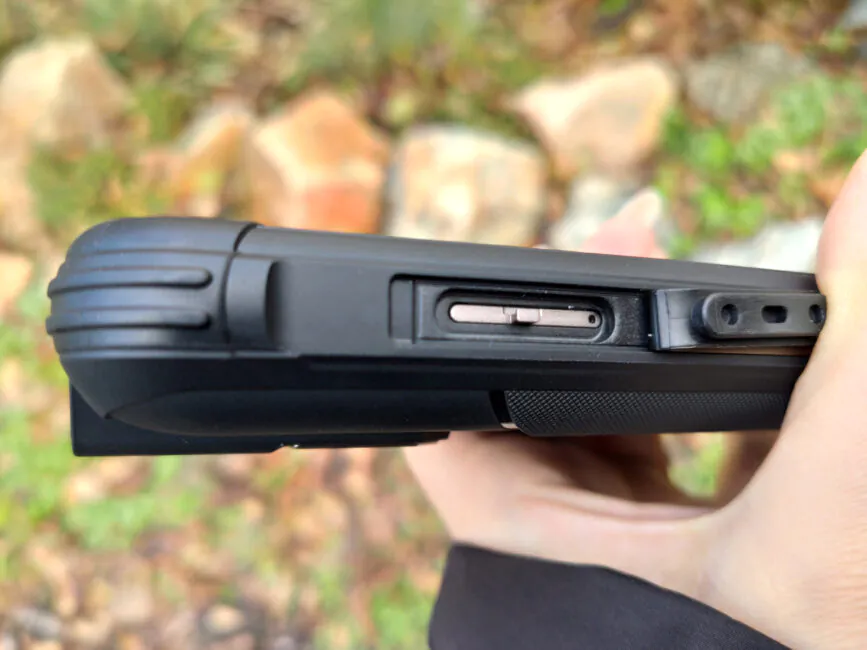


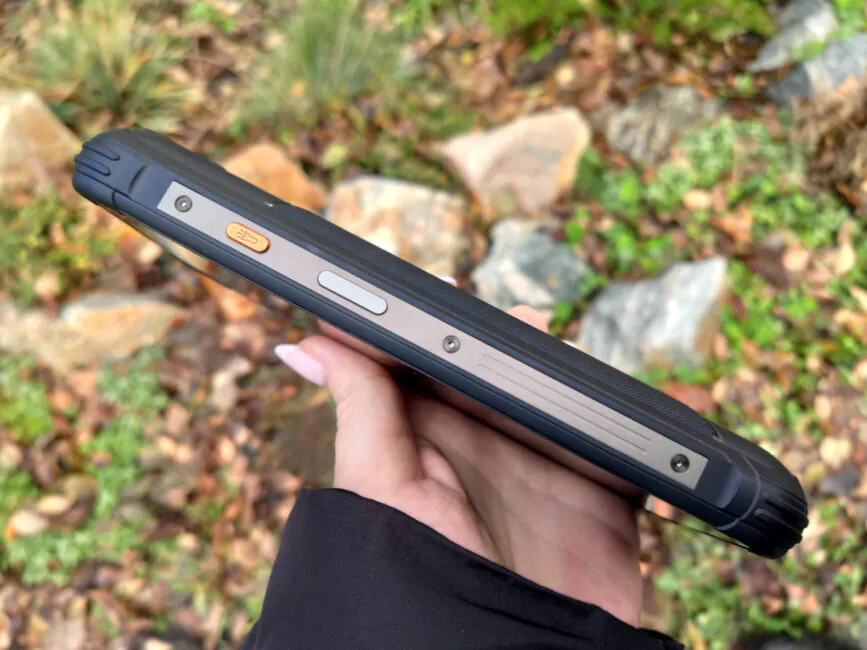
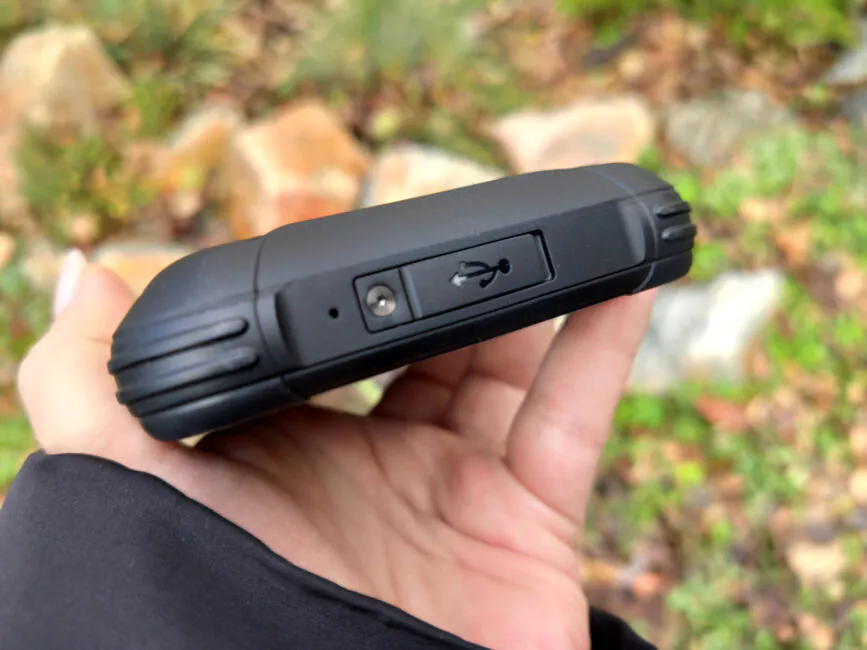
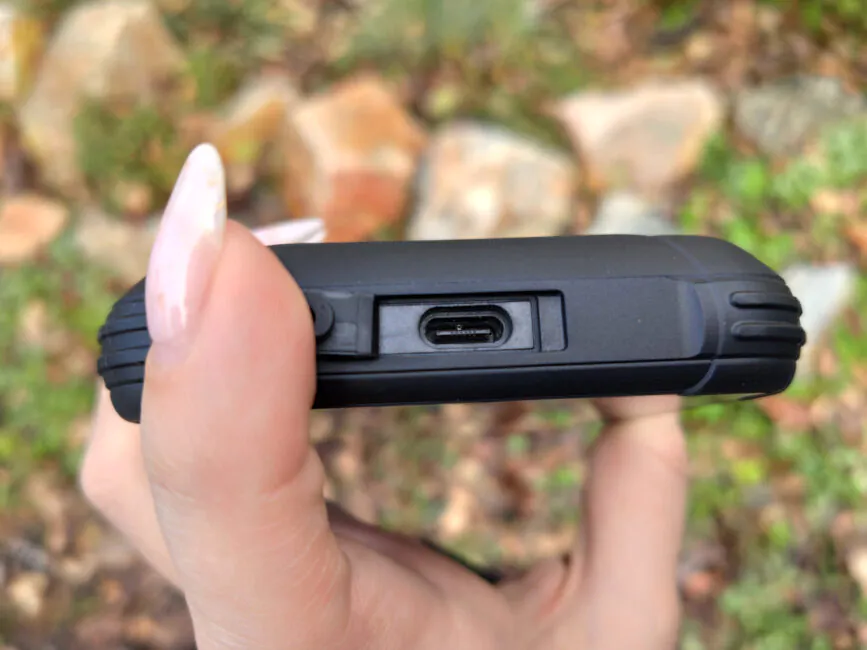
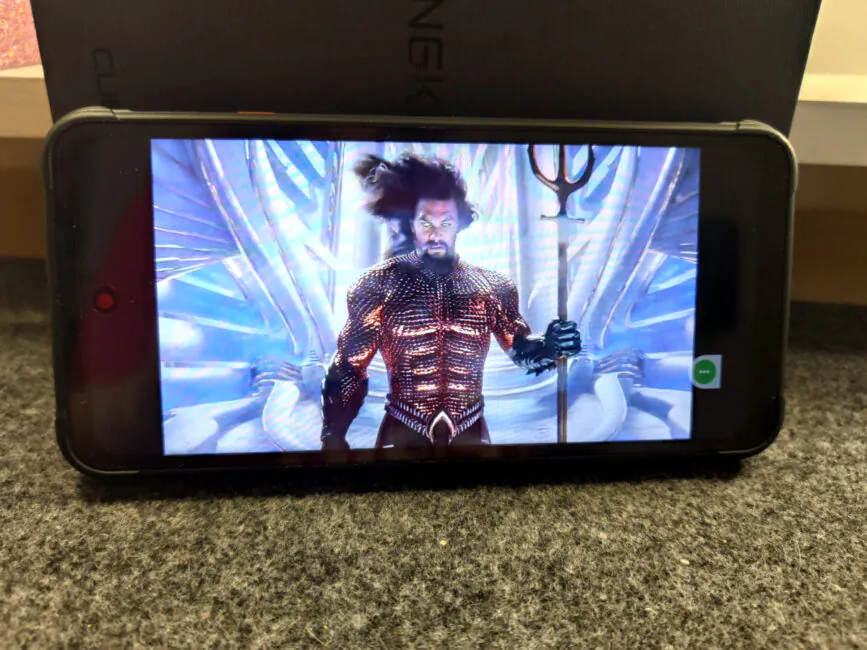



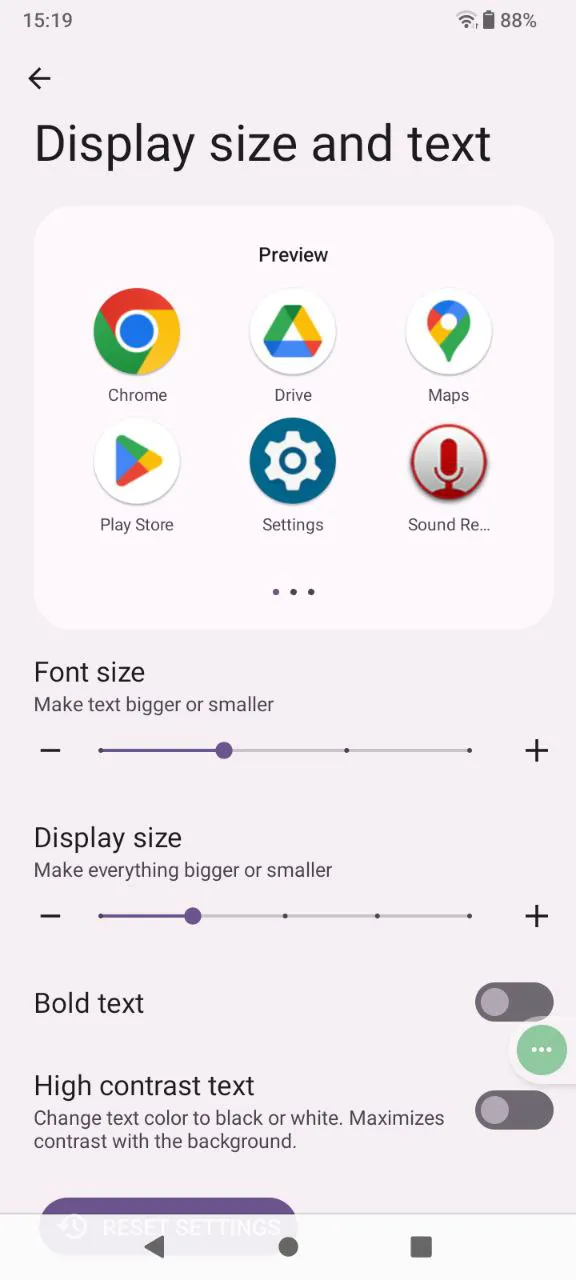
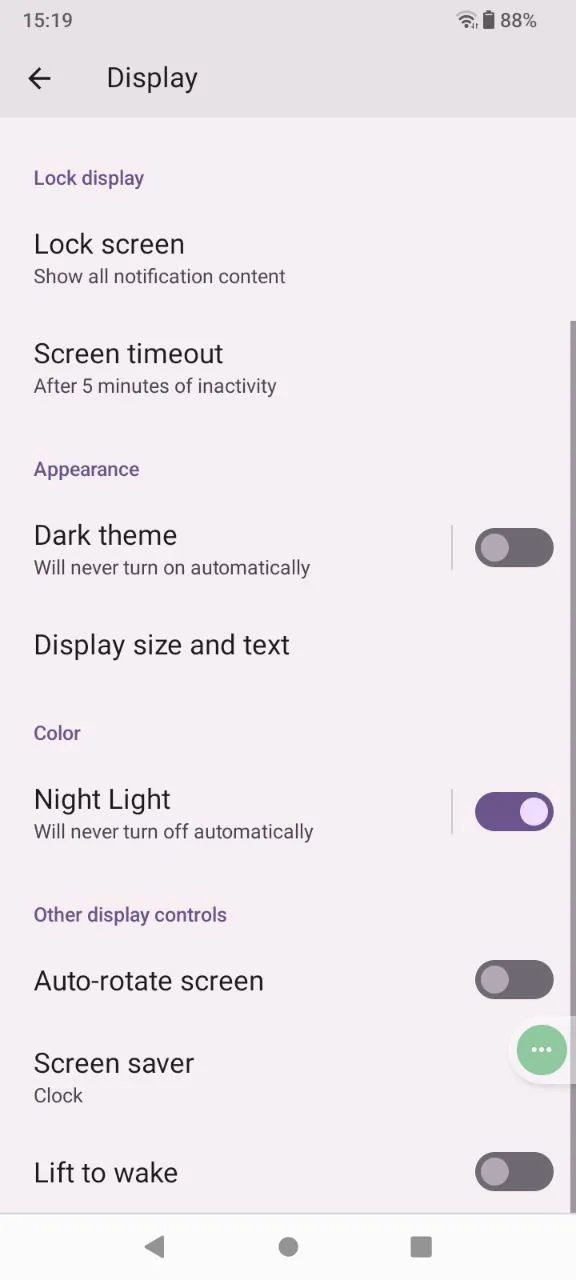
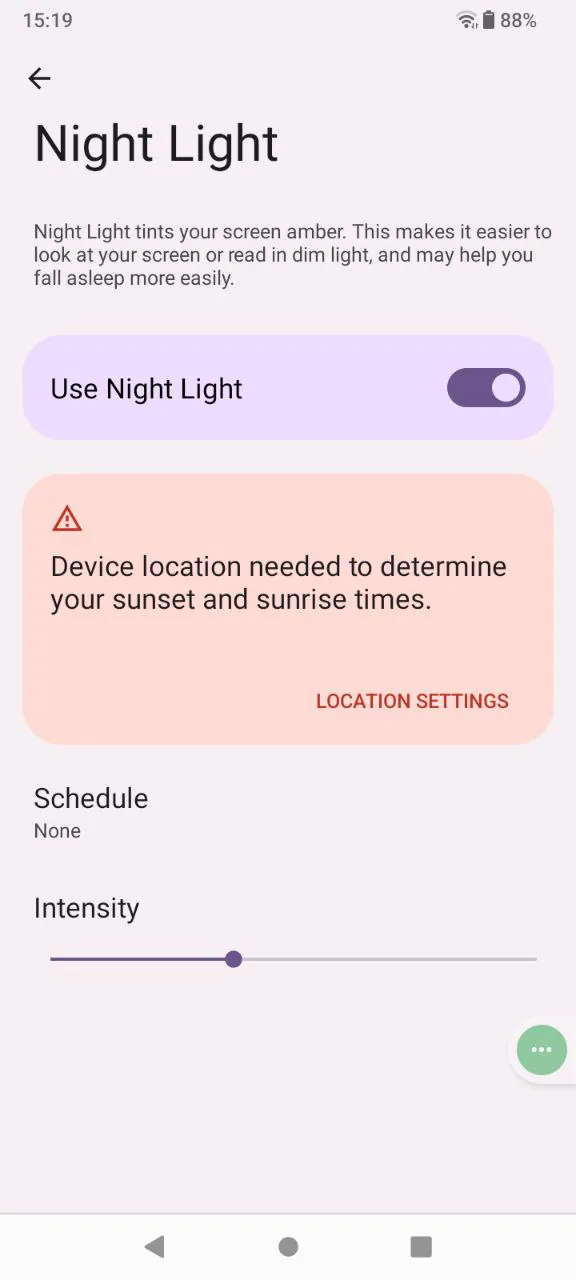

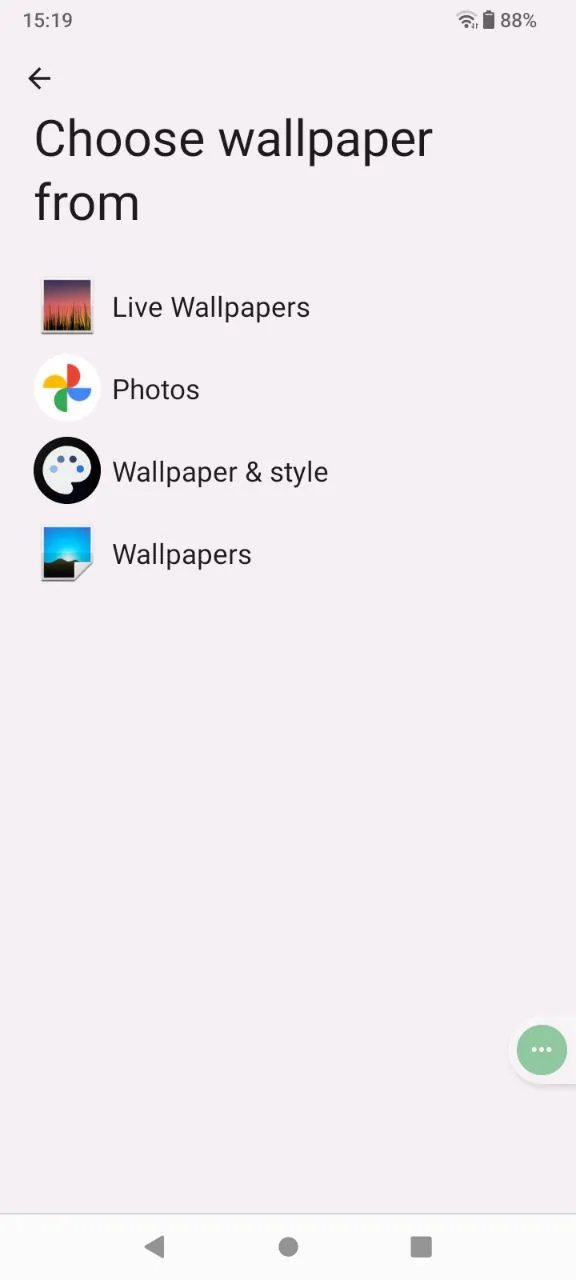
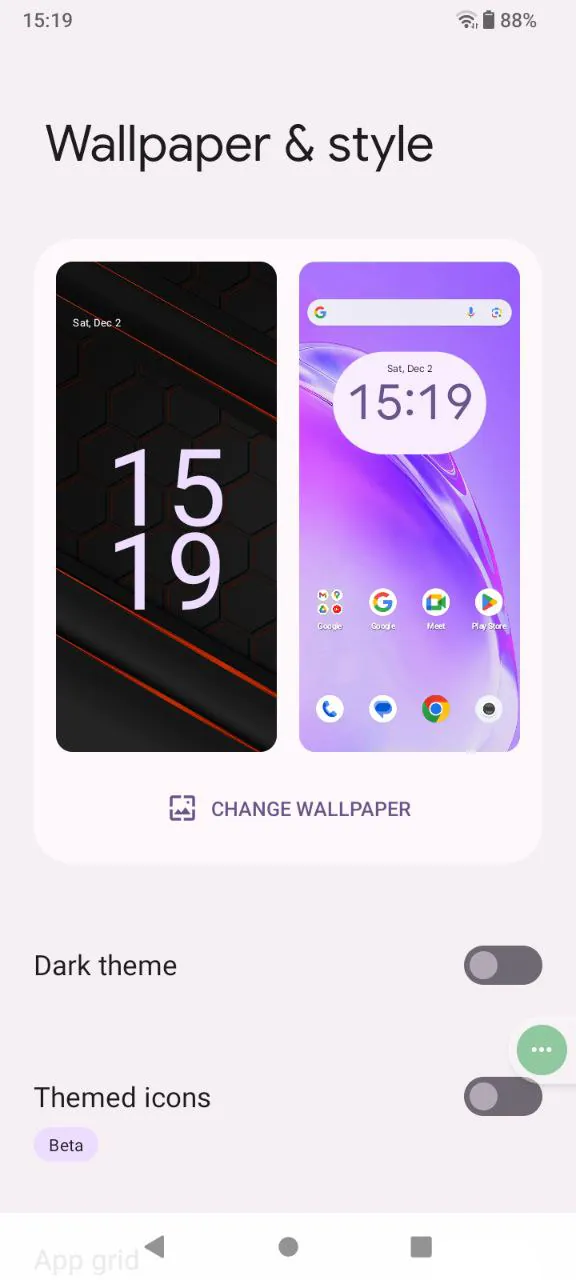
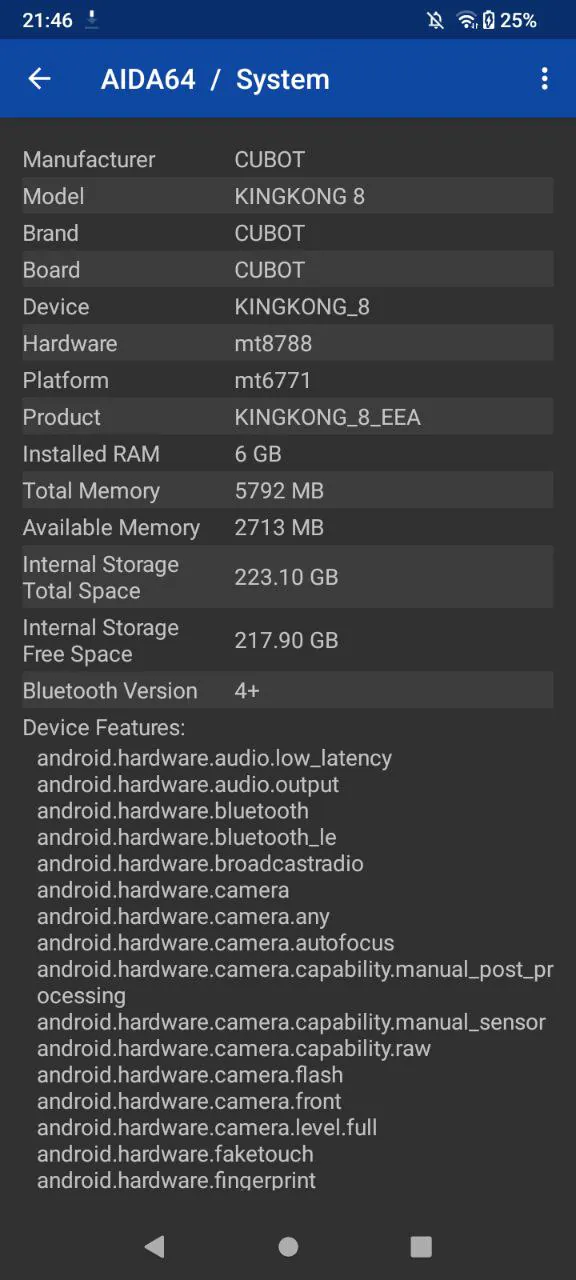


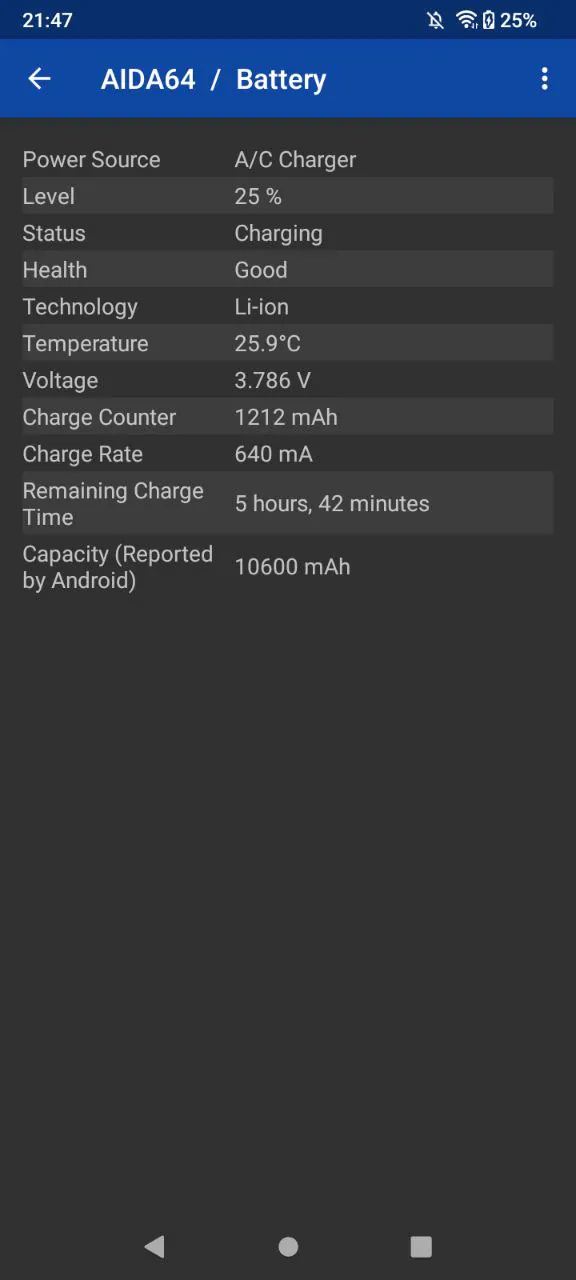




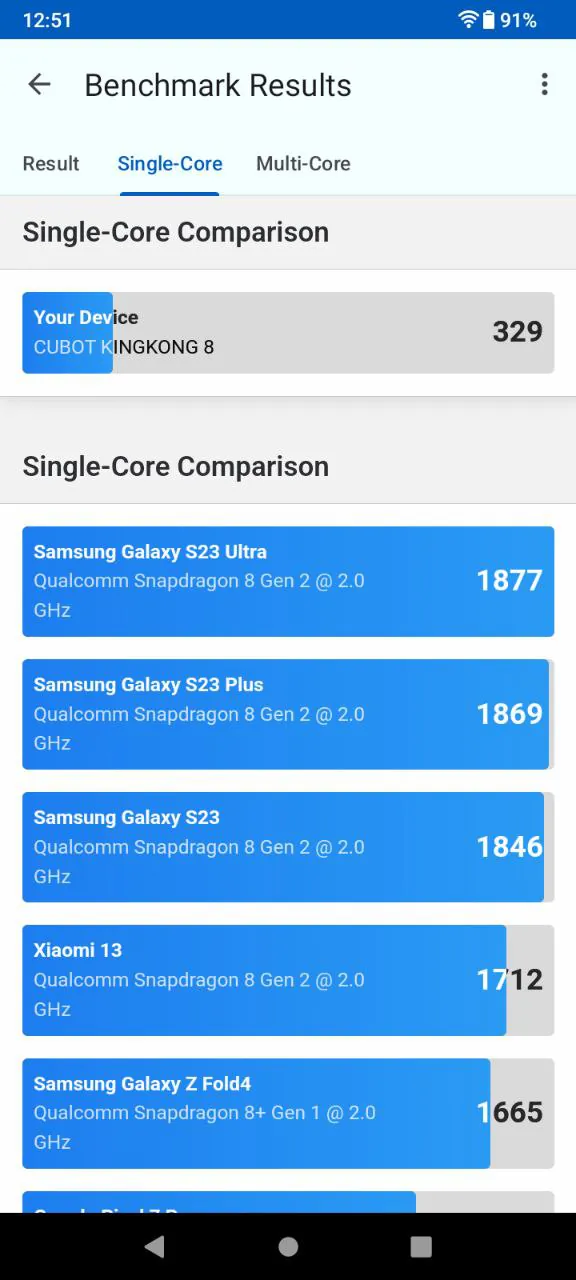
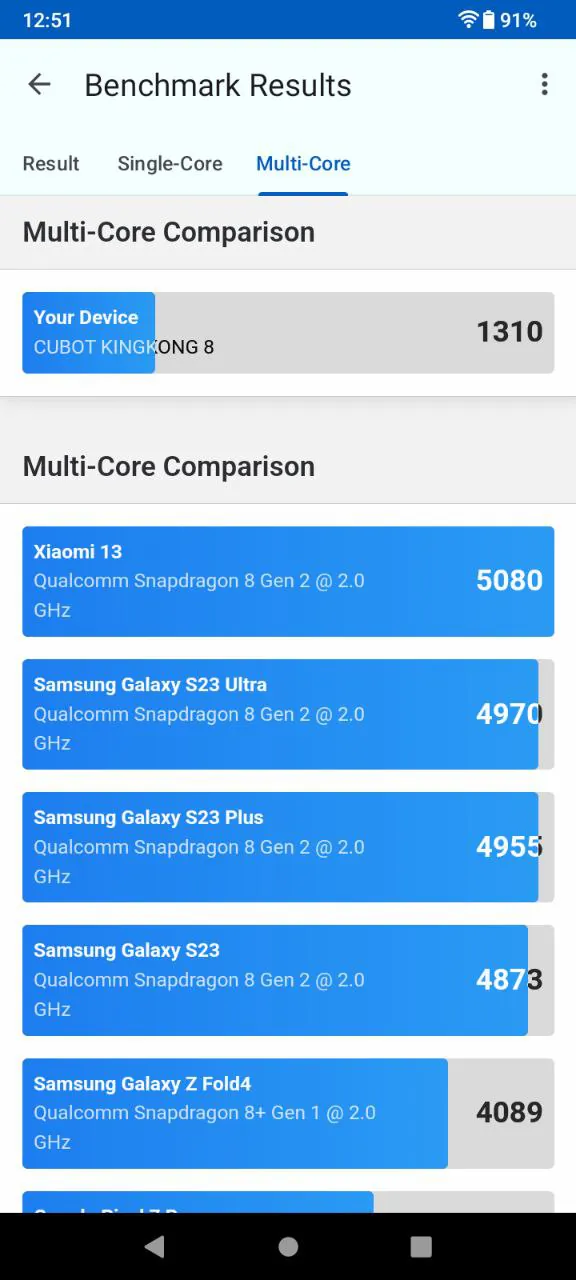
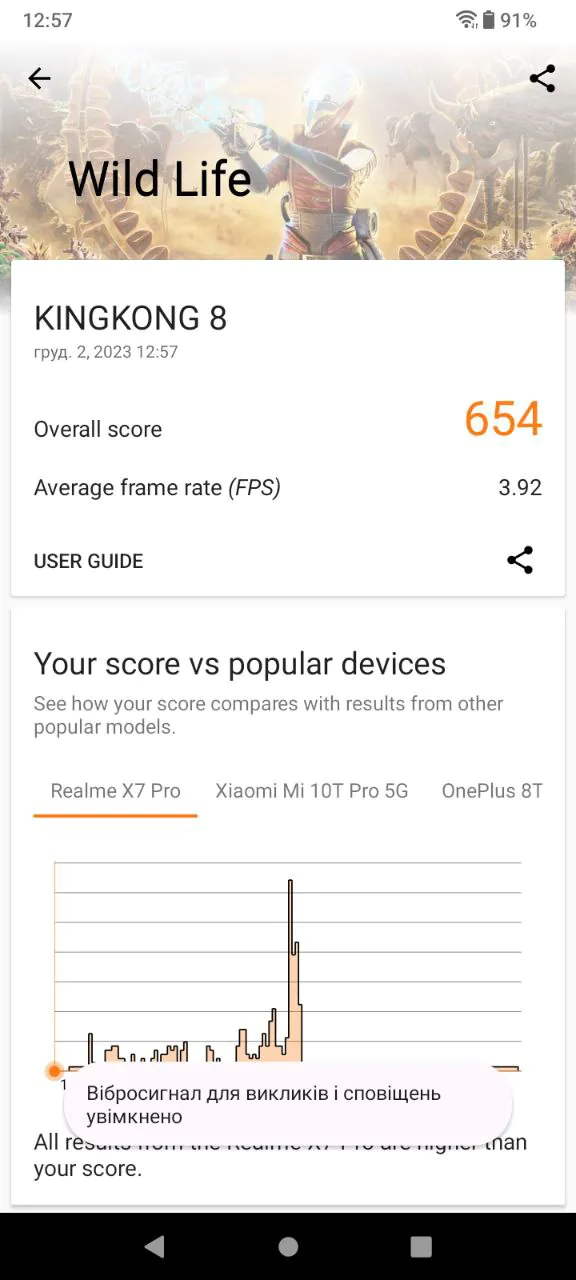
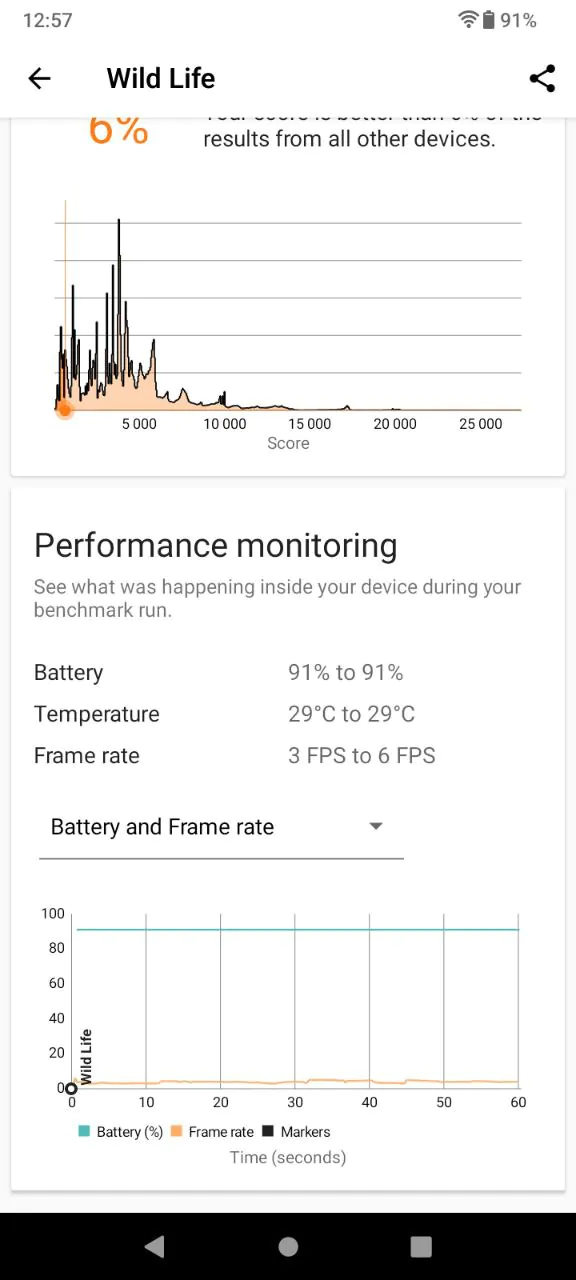

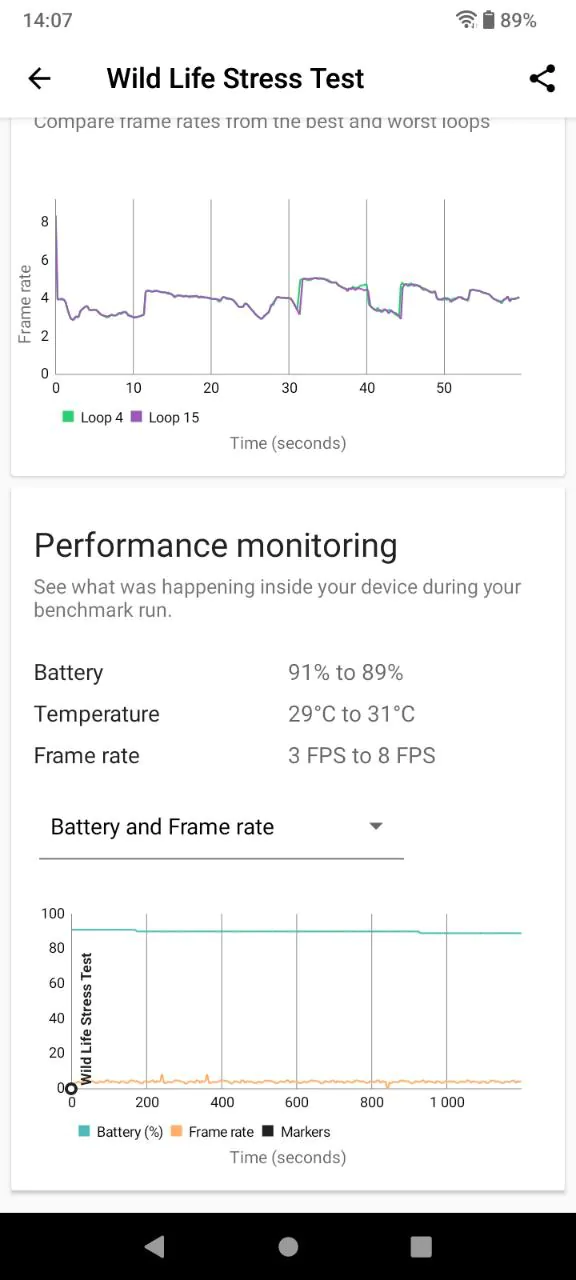

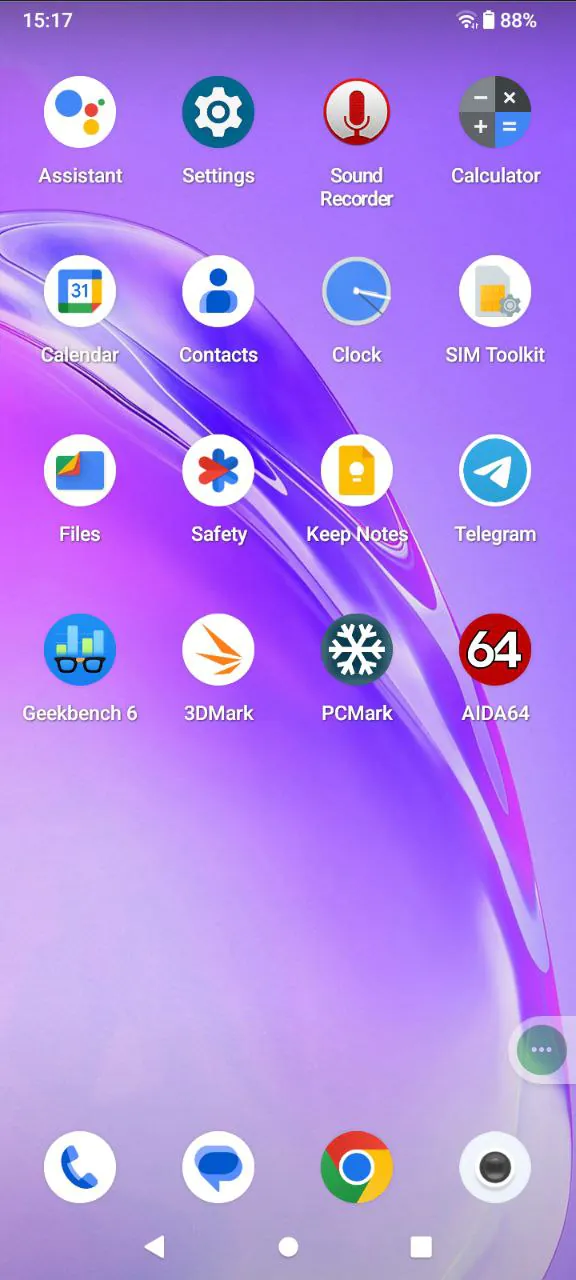
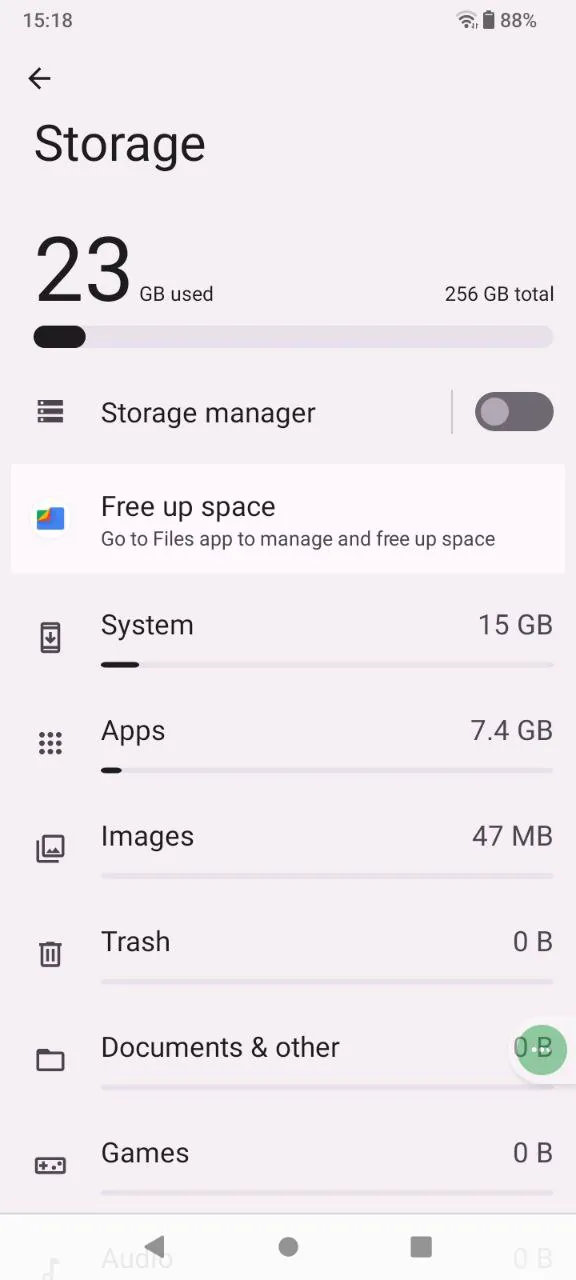

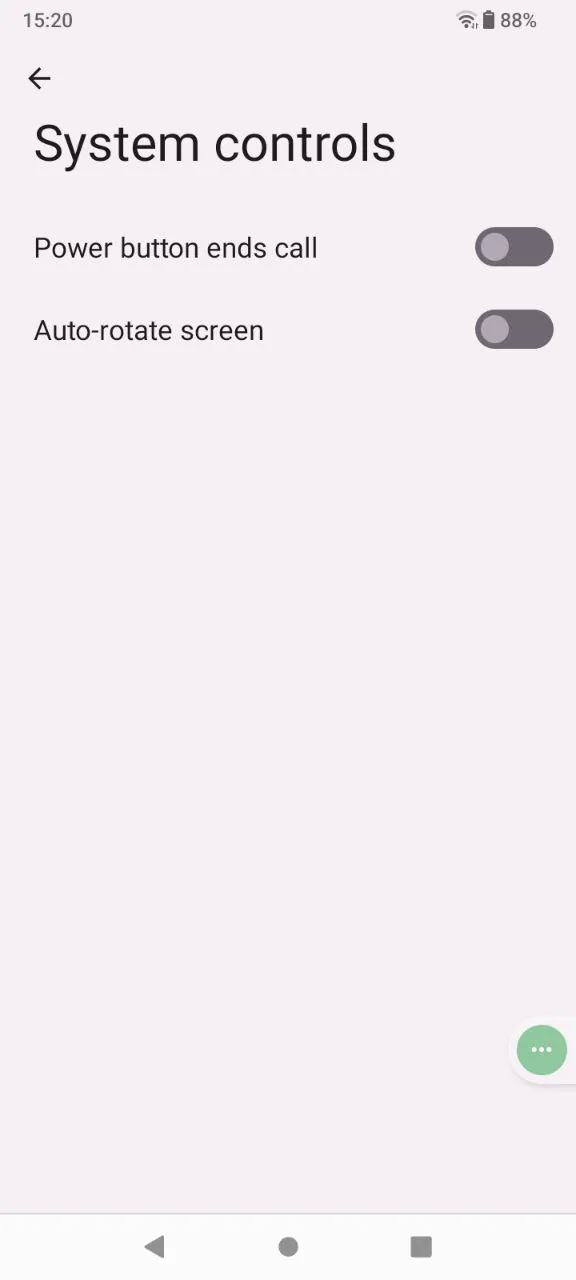
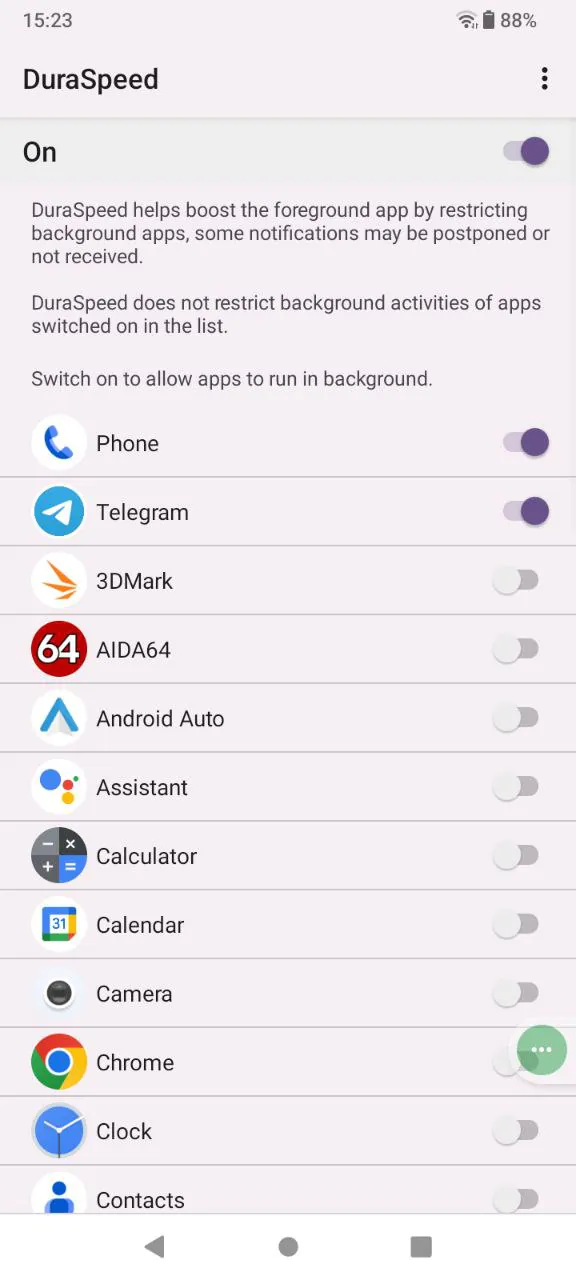



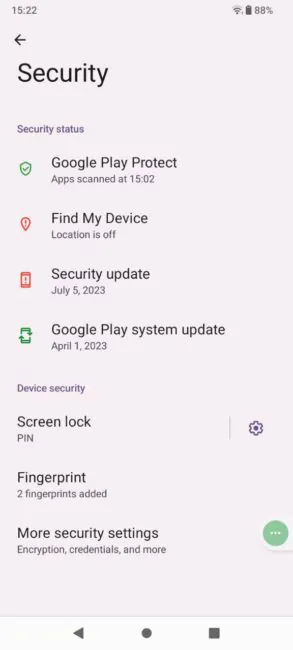


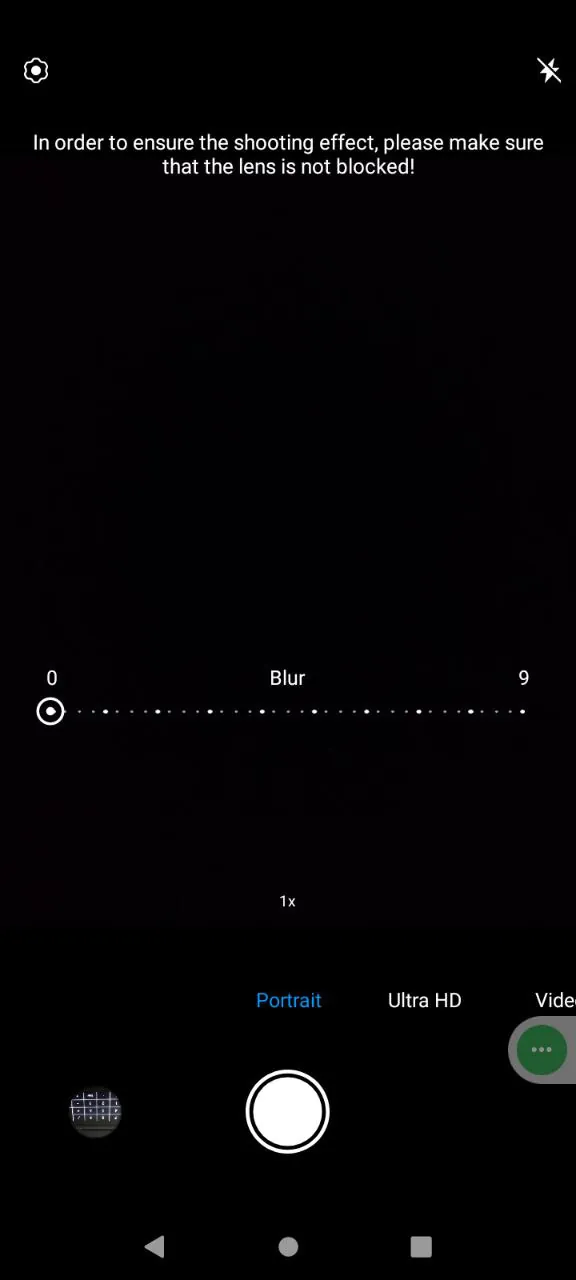

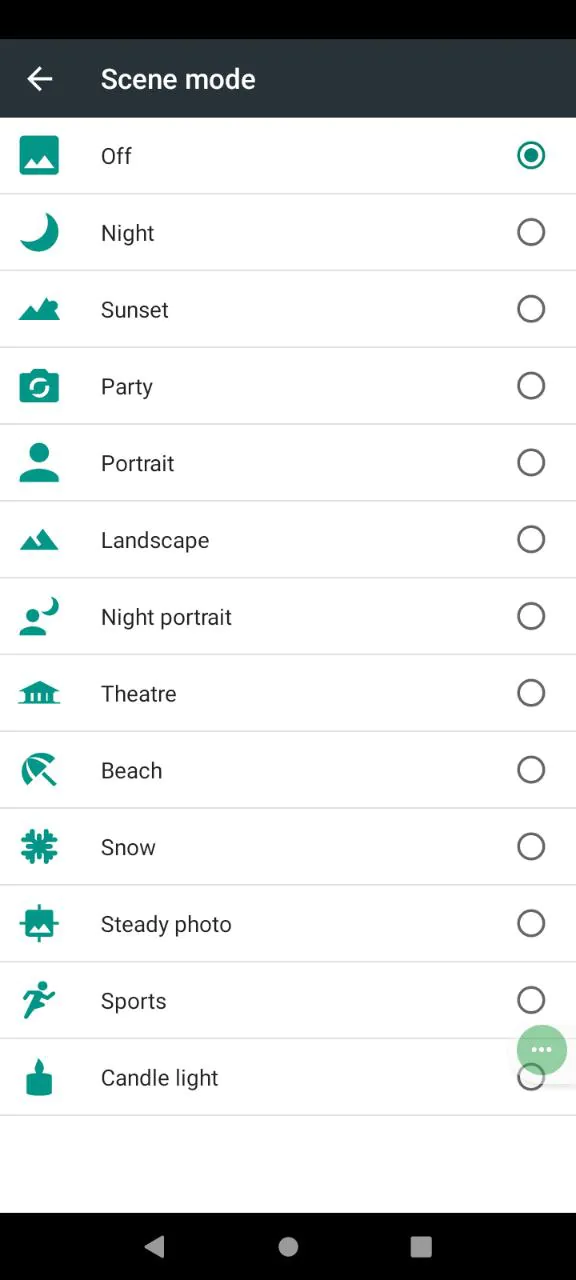
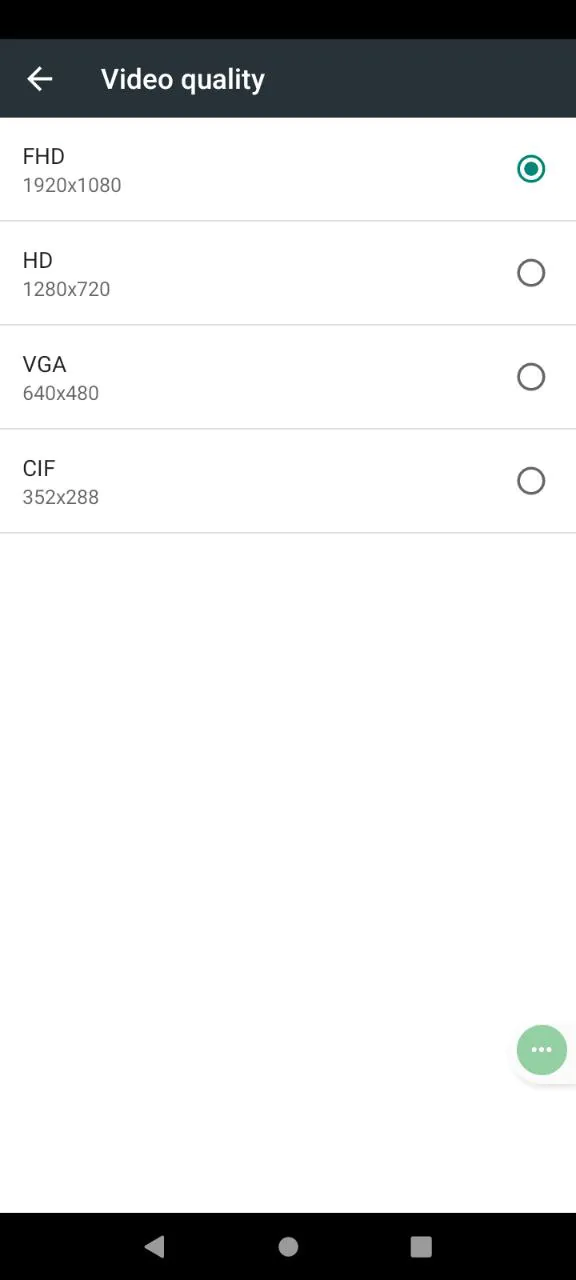



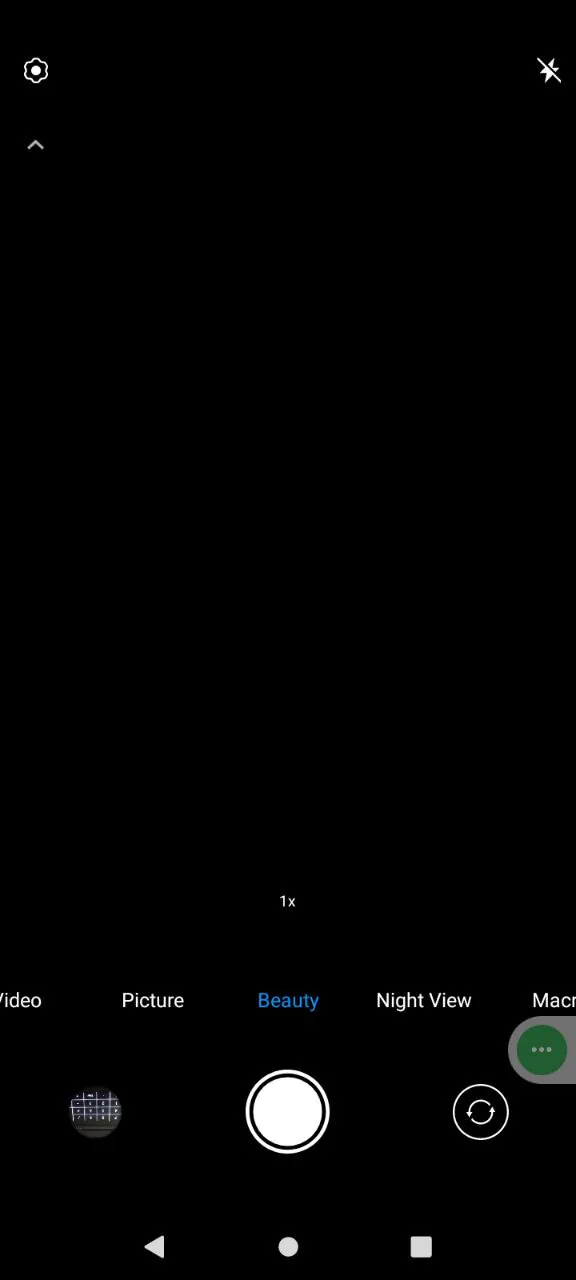

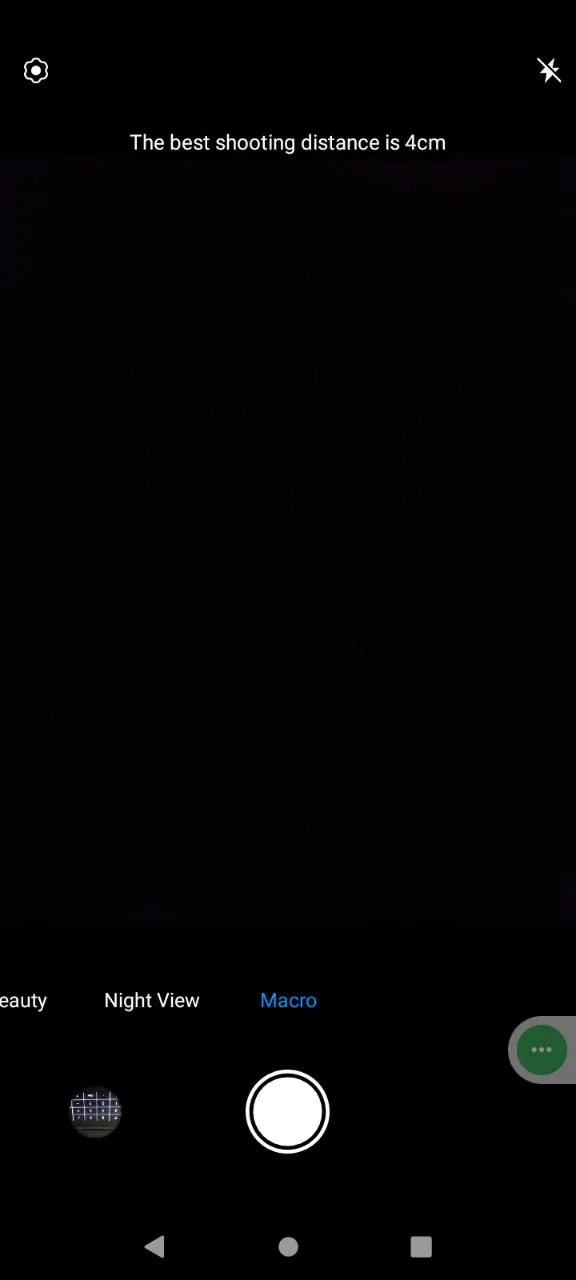

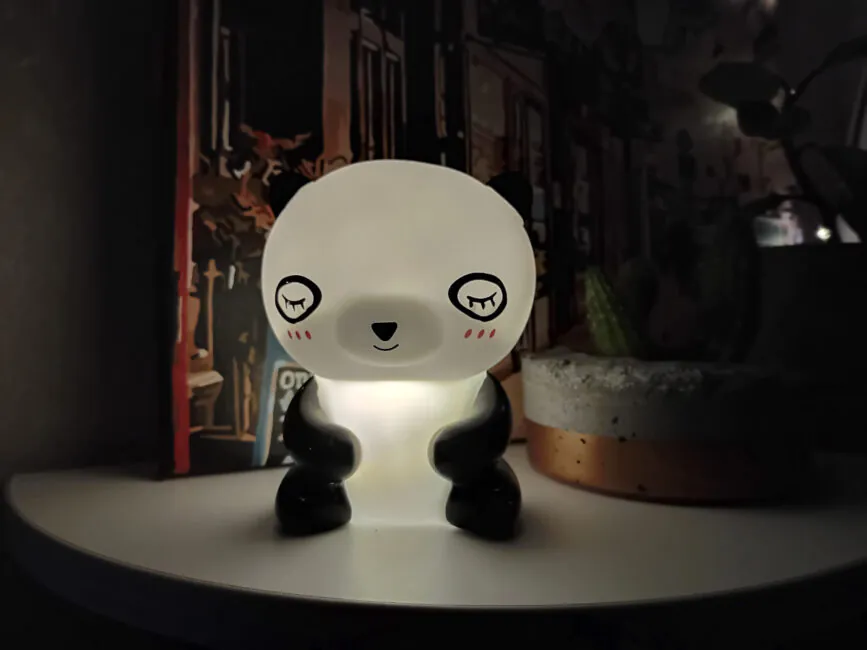

















I’ve got one, used it for a few months and I must say….. it’s the dogs bollocks!
Hi! Thanks for your helpful comment. What exactly is wrong with the smartphone, what problems did you find when using it?
As far as I know, such a function as “dogs bollocks” is not provided in this device :))